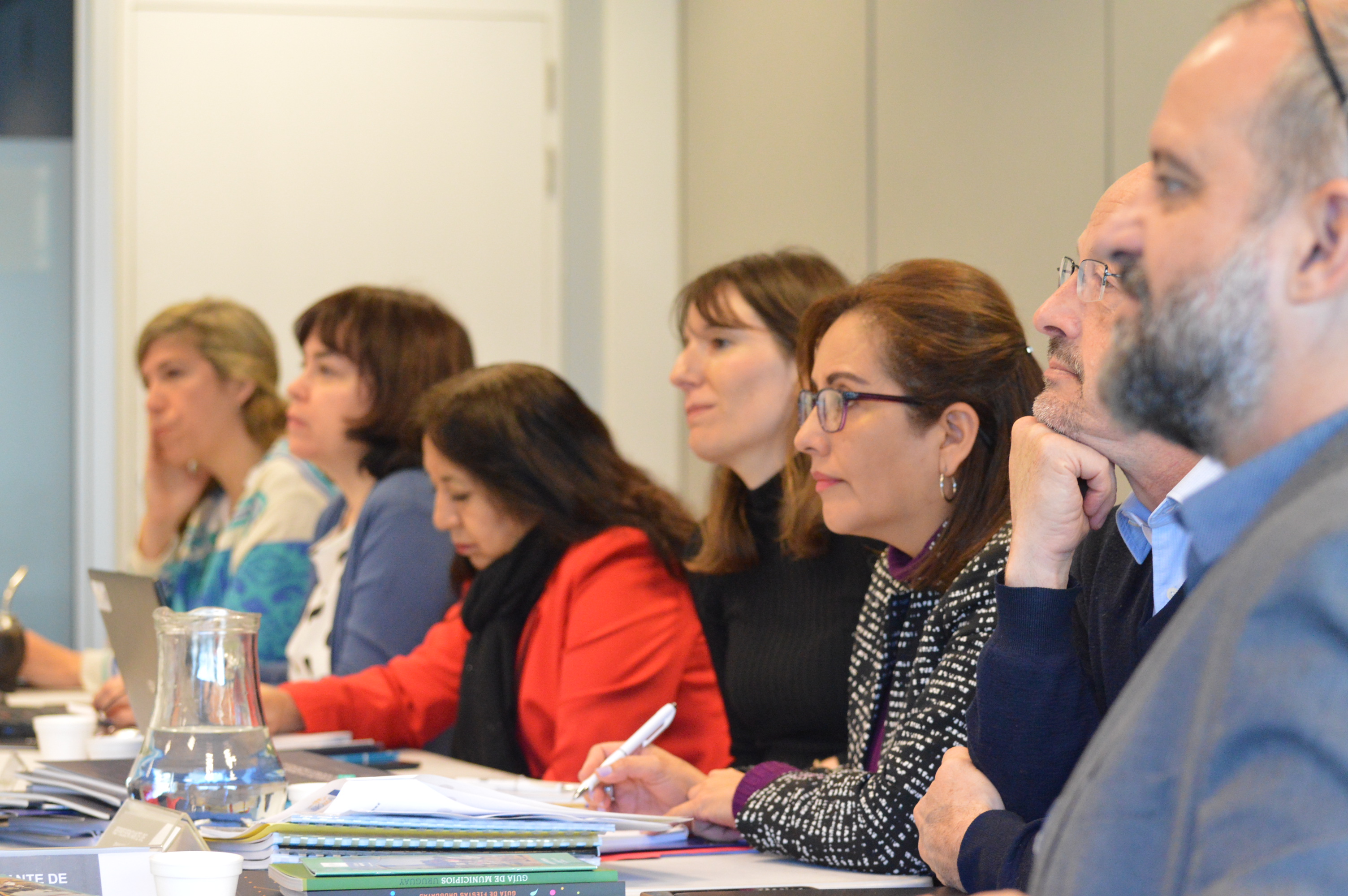On 19 and 20 September, the Second Workshop on Territorialisation of Public Policies of the Latin American Regional Development Network took place in Montevideo (Uruguay).

The meeting was co-organised by the EUROsociAL+ Programme, the National Ministry of Planning and Economic Policy of Costa Rica, which currently holds the presidency of the Network, and by the Office of Planning and Budget of Uruguay, the host country.
The Latin American Network of Public Policies for Regional Development, supported by the Programme, is formed by fourteen Latin American countries and is conceived as a space for dialogue on regional development public policies among member countries, to share experiences and expertise on national regional development policies to enhance territorial cohesion in each country.
In its framework, based on the experience of El Salvador, the network is promoting the construction of a public policy territorialisation model that will serve as a reference for the countries in the region. To this end, the first workshop was held in March in San José (Costa Rica) and the second workshop took place in Montevideo on 19 and 20 September 2019.
This second workshop advanced the definition of a Latin American public policy territorialisation model aligned with the 2030 Agenda for Sustainable Development. To do this, the Salvadorian model and those of the different countries in attendance (Uruguay, Panama, Costa Rica, Chile, Peru, El Salvador, Colombia and Honduras) were presented to show how national governments organise their presence in the territory for comparison with European experiences.
The workshop was facilitated by the European expert who is coordinating the systematisation of the model, a French expert who shared the French experience in territorial policy and an Argentine expert who presented a series of proposals for incorporating the gender perspective into the resulting product.
Finally, we worked to define a roadmap for the development of pilot tests in regional countries interested in applying the model from 2020.
The model, which is being built with the support of EUROsociAL+, aims to be an innovative, useful instrument that can be adapted to the different national and sub-national realities in Latin America, and will be socialised and shared with the countries that make up the network.



